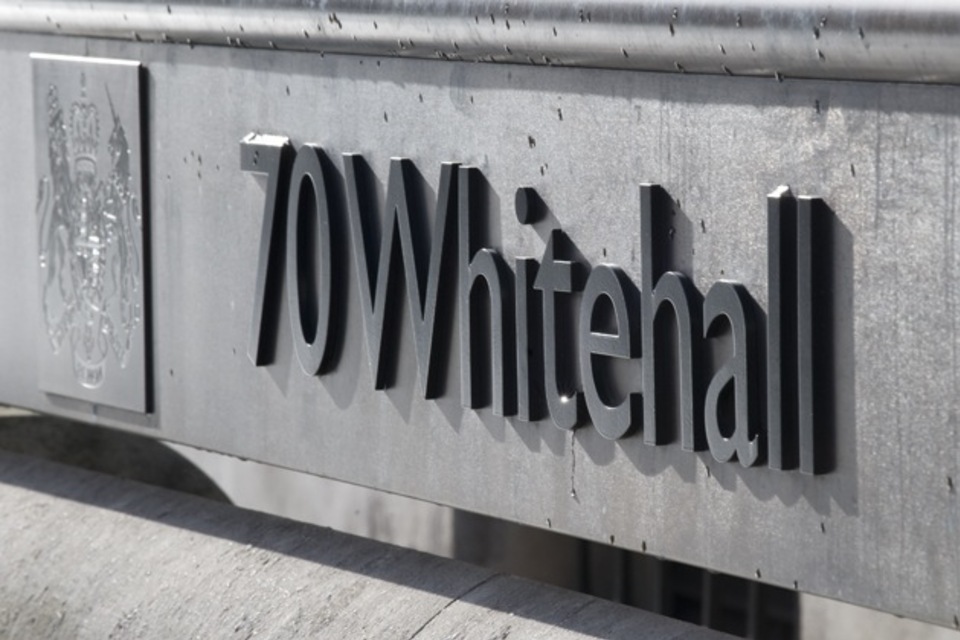The CMA found that some of the largest sports broadcast and production companies in the UK shared sensitive information about fees for freelance workers such as camera operators, sound technicians and producers. This related to day rates or special rates during holiday periods.
The 5 companies investigated by the CMA often hired freelancers to assist with the production and broadcasting of sports content such as major football games and rugby tournaments. With a high number of freelancers in the arts and creative industries, it’s important that competition for their labour is working well, so workers are paid fairly, and businesses can expand and find the workers they need.
How they broke the law
The CMA found that competitively sensitive information about freelancers pay was shared on 15 occasions, each involving a pair of the companies – Sky, BT, IMG, ITV and BBC. In most cases, the explicit aim was to coordinate how much to pay freelancers.
We looked at emails and phone messages on platforms such as WhatsApp to see what was going on.
To show what we mean by this desire to align on rates of pay, here are some examples of exchanges we found
Email to a competitor
“We pay our Studio Vision Mixers £(X) per day for a 10x hour shift.”
Response
“That’s exactly the same as we pay. Good to know we are aligned there.”
Email to a competitor when asking them to share information about how much they paid for a particular type of freelance worker
“When we raise rates, I always try to canvas opinion so as not to cause too much ‘market’ disruption.”
Email to a competitor
“On this occasion I think it sensible that we present a united front.”
WhatsApp message to a competitor
“We’re thinking some rates might need adjusting for 2022/23 but want to be aligned. Wanted to be clear we have no intention of getting into a bidding war just want to be aligned and benchmark the rates. Also sick of being told we are not paying what others are which I inherently distrust.”
Information that gives an insight into a company’s strategy in the market (including when it comes to what it pays its workers, as in this case) is called ‘competitively sensitive information’.
When businesses share competitively sensitive information between them, this can make them compete less with one another, potentially leading to harmful outcomes for consumers, other businesses and workers.
Actions taken by the CMA
In this case, 4 of the companies – BT, IMG, ITV and BBC – agreed to pay fines totalling £4,240,356. These fines included discounts they received because they admitted to breaking the law and settled the case.
For BT, IMG and ITV, the fine is also lower than it would have been because, after we carried out unannounced visits of their premises, they came forward about their involvement and assisted us in our investigation under our leniency programme.
Businesses that take part in cartels often go to great lengths to keep the cartel hidden and secret. This makes them difficult to detect. Therefore, if a company is the first to report being part of a cartel, it can benefit from immunity from fines and its co-operating directors can avoid director disqualification.
This was the case with Sky, who was exempt from a financial penalty as it alerted us to its involvement before the investigation had been launched and fully co-operated throughout the investigation.
Lessons from this case
-
sharing or exchanging competitively sensitive information with competitors, such as rates of pay, is illegal – companies must set their rates (including any increases) independently of each other
-
companies have a responsibility to be clear on competition law rules and to promote a culture of compliance within the business they lead – helping employees involved in the recruitment and retention of workers understand what anti-competitive behaviour looks like
-
co-operating fully with the CMA’s investigation can result in being exempt or a reduction in financial penalty
What you can do – advice for individuals and businesses
Make sure you understand competition law rules and learn to recognise the kinds of behaviour that are illegal, including when recruiting and retaining workers.
Company directors should ensure that their companies have regular training on following competition law. Seek independent legal advice if you are unclear whether an agreement or arrangement is anti-competitive or not.








